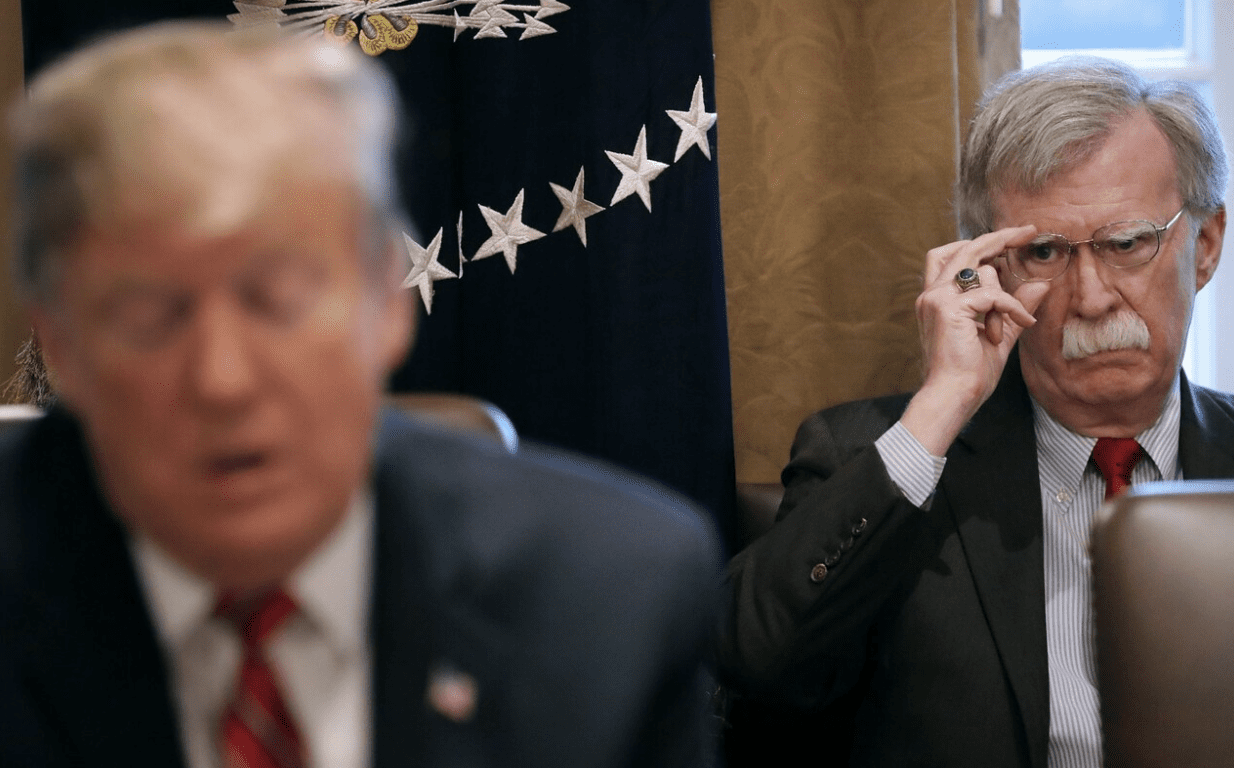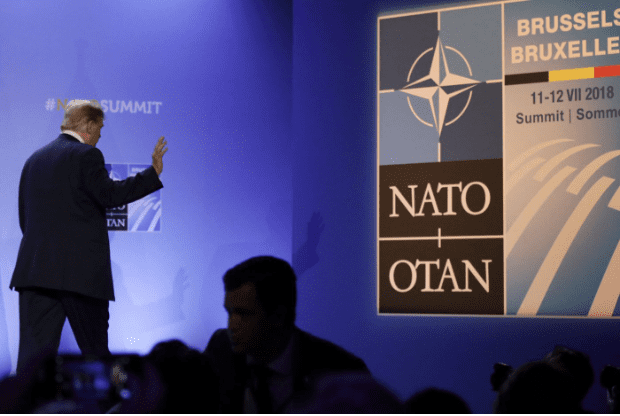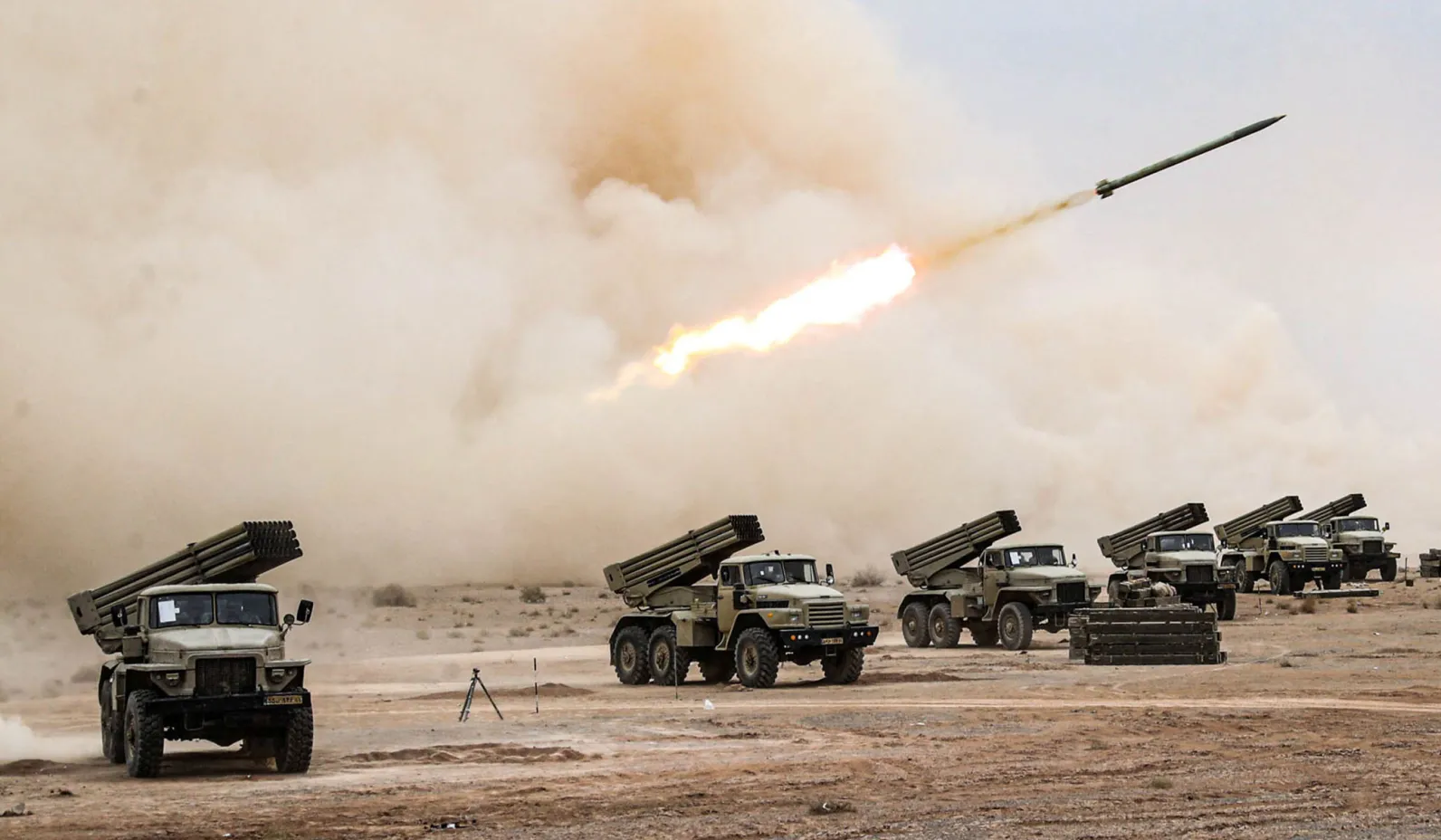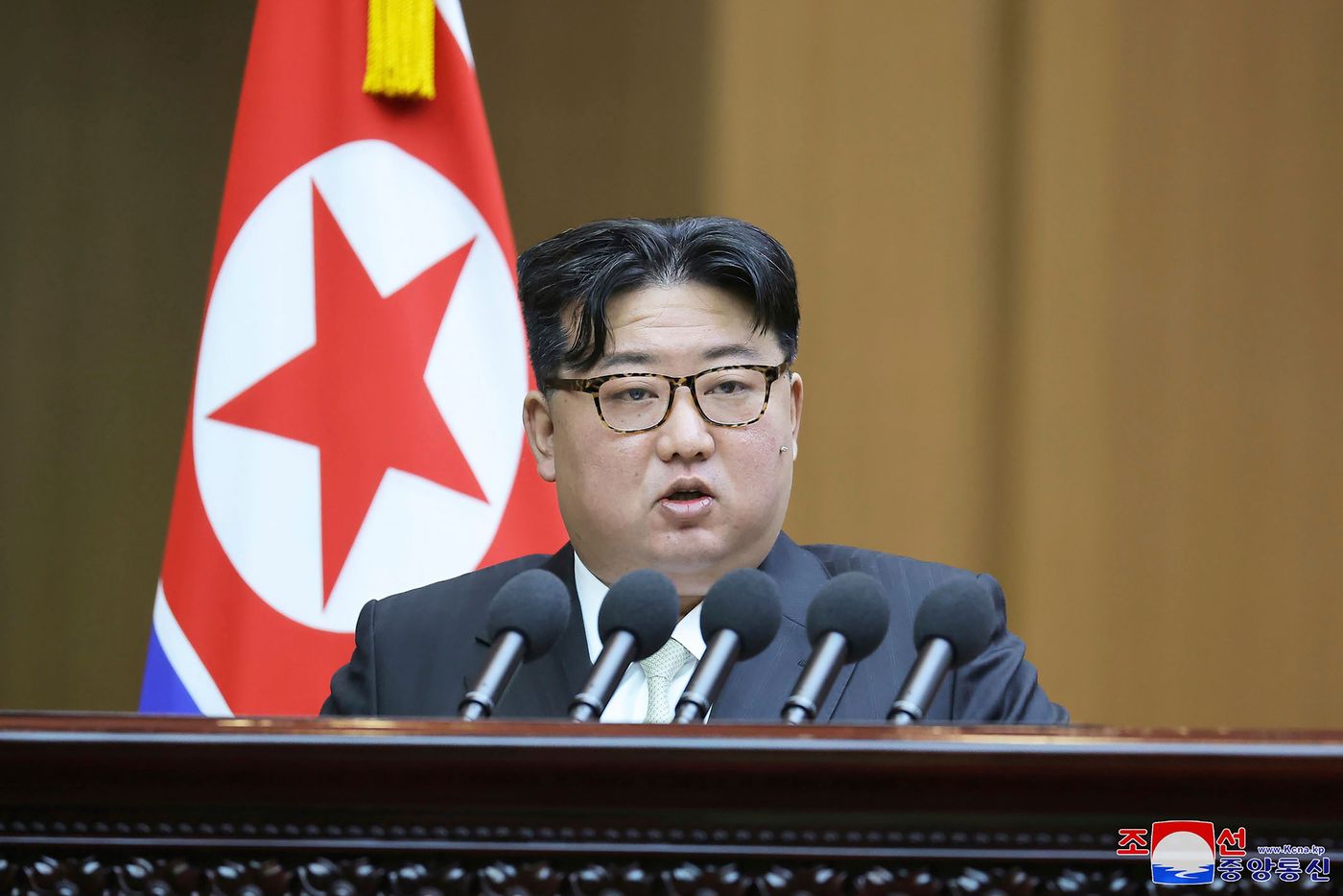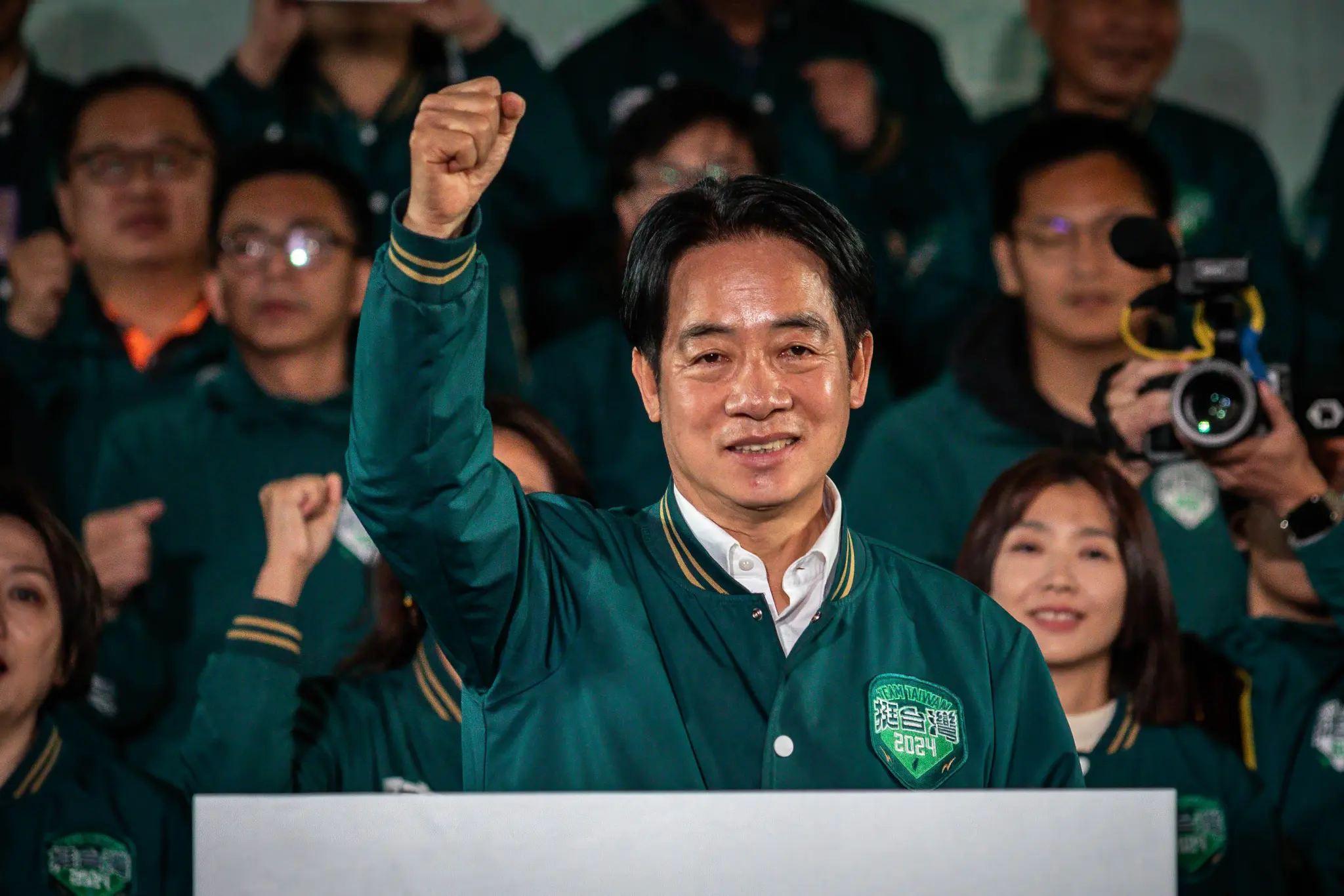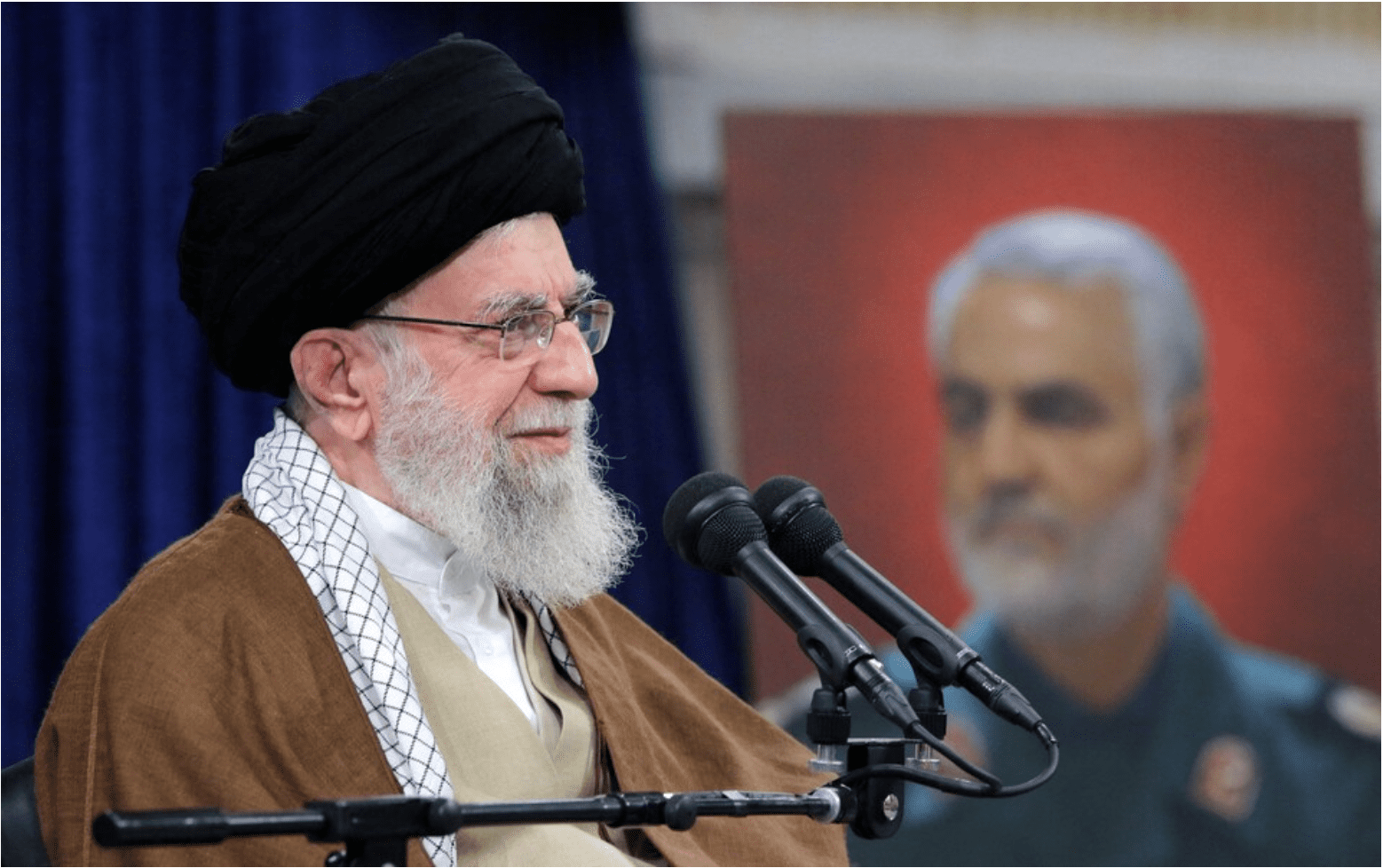By John Bolton
If returned to office, Trump will need others to carry out his directives. He will want White House staffers to follow his orders without asking troubling questions, as testimony in the classified-documents case demonstrates. These staffers will not be known for independent, creative thinking, just personal fidelity to Trump, for whom loyalty flows only one way.
No responsible president would want such a staff; he or she would instead seek advisors who voiced their opinions straightforwardly, not hesitating to bring bad news when necessary. Presidents face tough issues requiring tactical decisions where even philosophically like-minded advisors will disagree. So selecting a strong, competent White House staff has nothing to do with “restraining” a president or undercutting his constitutional authority. It is simply good management.
Everyone knows presidents make the final decision, but a White House of serfs will serve neither presidents nor America well. Indeed, being surrounded by neutered aides fearful of firing could again cause Trump’s downfall, at potentially terrible cost to the country.
The president’s free hand in staffing the West Wing contrasts with appointments for the vast majority of senior “officers of the United States” who manage the broader federal government, where the Senate’s advise-and-consent power limits his discretion.
Trump and many supporters see a “deep state”, a careerist cabal in law enforcement, intelligence, foreign policy, and the military, covertly running the government and conspiring to destroy him and his regime.
‘Deep state’ is a fallacy
The “deep state” is a fallacy, but there is no doubt that government bureaucracies develop distinctive cultures. What Trump and his acolytes don’t understand is that this culture arises not from clandestine conspiracies but from legislative mandates and incentive structures that federal agencies live within. It is often not a pretty picture.
I have, for example, long argued that the State Department needs a “cultural revolution” to redirect its efforts, one that will take decades to bring about. But directing recalcitrant bureaucracies, however difficult and frustrating, is a required skill for any president who truly wants to accomplish significant change and not merely bloviate about it.
Since Trump does not understand this logic, he will inevitably and repeatedly cross lines that will cause conflict, often constitutional conflict. Take the four pending criminal indictments against Trump. He will have constitutional authority to order Justice to dismiss the two cases brought by Special Counsel Jack Smith, or, if necessary, pardon himself.
Trump has already argued for a government shutdown to stop Smith’s trial preparations and investigations. While the president’s authority to self-pardon is disputed, litigating a Trump self-pardon could take years before definite resolution, even assuming someone has standing to litigate the issue. And if the Supreme Court invalidated Trump’s self-pardoning, it might take yet another impeachment saga to remove him from office. He will not depart voluntarily this time.
The result could well be mass resignations from Smith’s office, and perhaps across Justice. This time, there will be little prospect, as during the “Saturday Night Massacre”, of halting a tide of resignations. When Richard Nixon ordered the firing of Special Prosecutor Archibald Cox, Attorney General Elliott Richardson and his deputy, William Ruckelshaus, resigned because of commitments that they made during their confirmations. Nixon then ordered the department’s third-ranking official, Solicitor General Robert Bork, to fire Cox, and Bork said he would also resign. But Richardson talked him out of it, arguing that Bork alone could prevent a flood of resignations from lower-ranking Justice lawyers. Richardson told him, “You’ve got the gun now, Bob. It’s your duty to pull the trigger.” Bork did so, maintaining the department’s basic function and integrity were vital.
Every time Trump seeks retribution through Justice, as he has on multiple occasions, the risk of protest resignations arises, impairing the effective operation of the entire federal legal system. In such circumstances, who would serve in a Trump Justice Department? The same question applies across the federal bureaucracy.
The New York and Georgia indictments are more complicated. Trump has no authority to direct them, nor can he pardon himself, because they are not federal cases. What would he do if convicted and sentenced? Quite possibly, he would simply reject such outcomes (particularly if they involved jail time), arguing, typically, that they were “witch hunts”, and refusing to accept the validity of the legal results.
Impeachment may be only remedy
What then? How do state or local officials deal with an incumbent president contesting their jurisdiction and authority? And who at the national level would assist them? Yet again, impeachment may be the only remedy.
Because of that possibility, Congress will be in constant agitation during a second Trump incumbency: constant combat with Trump over his legitimacy in office will distract America from pending threats, especially internationally, where his attention span is already perilously short.
Beyond Justice, the entire “deep state” will face comparable tribulations. Trump’s prior clashes with national security bureaucracies are well known. Who will be willing to serve there as political appointees, and who among them could expect easy Senate confirmation?
Trump is completely comfortable with extraordinary personnel turnover, partly because he has no idea what is required to steer the massive federal bureaucracy, and partly because high turnover means he alone remains the centre of attention. Trump is not focused on reducing the federal government’s size and scope so much as on achieving objectives personal to him, particularly retribution. In consequence, vast portions of the national security machinery may simply grind to a halt in a second Trump term. We are entirely in uncharted territory.
Deviations from conservative norms
There is no “Trumpism”. His lack of philosophy and inability to reason in policy terms leaves him uniquely susceptible to dramatic shifts in his “positions”, and certainly in his rhetoric. If his self-interested cost-benefit analysis of something changes, his “policy” view changes accordingly, and quickly. This is a major contributing factor to Trump’s endemic untrustworthiness and unfitness for the presidency.
Examples of his deviations from conservative norms already abound, as in 2016 when Trump said, “I could stand in the middle of Fifth Avenue and shoot somebody and I wouldn’t lose voters,” this is hardly a law and order position. Nor is his solicitude for Jan 6 rioters, including hosting a fundraiser at his Bedminster resort and pledging to contribute to their legal defence fund.
“There have been few people that have been treated in the history of our country” like these defendants, he said, incorrectly. Had they really been Antifa members, he would have favoured maximum sentences. The consistent conservative view is straightforward: Whatever the politics of those who invade the Capitol to disrupt Congress’s orderly functioning, they should serve maximum prison terms without parole.
Trump’s ineligibility for a third term (which could be changed only by constitutional amendment) inhibits him in some respects. But in other ways, it also frees him from political constraints. In my experience, when substantive policy arguments made no headway, Trump was often persuaded by arguments based on personal political benefit. Because he need not fear the challenges of another presidential election, the political constraints around him are much looser, and the real “guardrail” of voter opinion will be minimised.
Moreover, he will be hearing endlessly about his “legacy”, a message with an uncanny ability to turn the heads of public officials away from philosophical and policy goals toward their own self-enhancement. How far astray he will go is unknowable, but his record indicates that conservatives supporting Trump because they believe he is one of them, could be quite surprised after four more years.
This article was first published in The Telegraph on February 3, 2024. Click here to read the original article.
